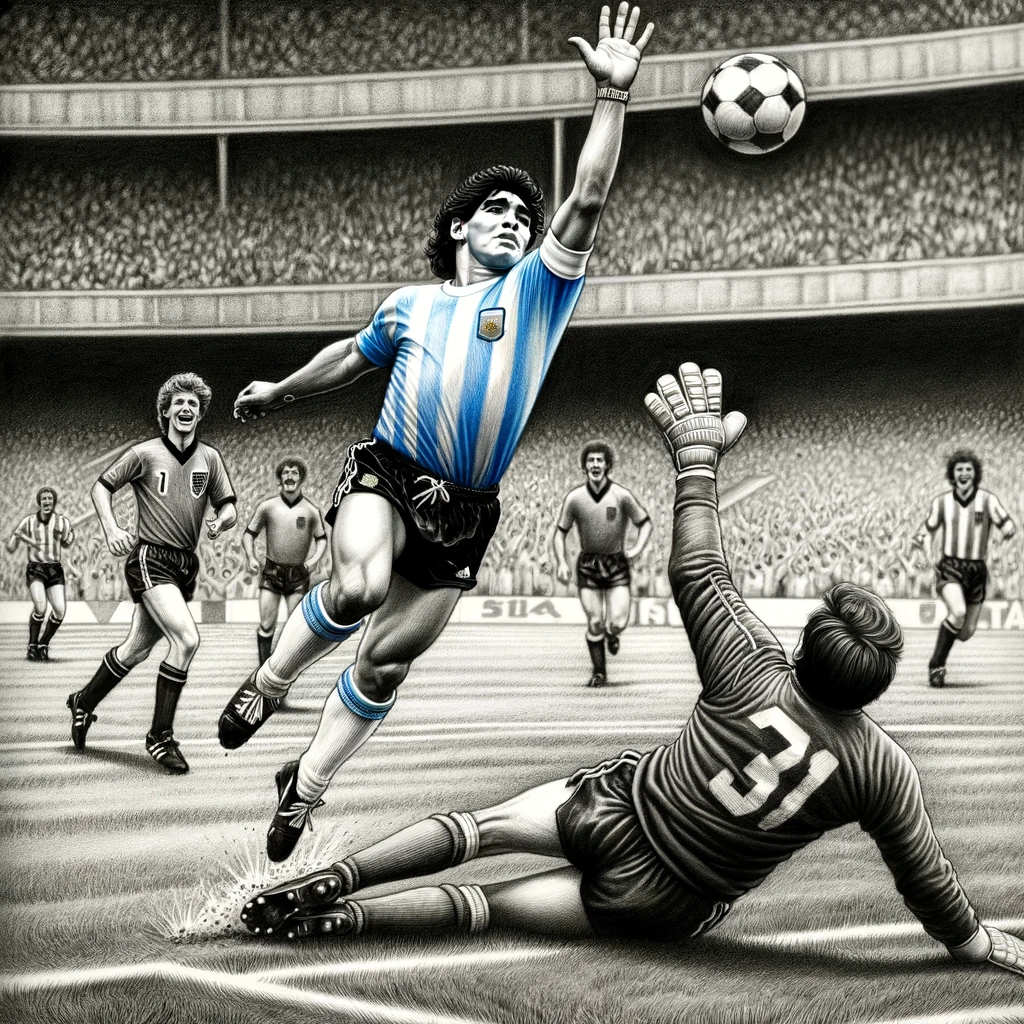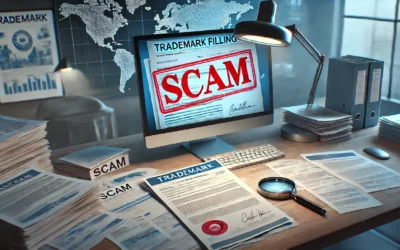In our previous post, we explained why the trademark PABLO ESCOBAR was rejected in the EU. That case highlighted that the names of famous personalities continue to be a source of legal contention long after their deaths. Now there’s been another high-profile trademark saga dealing with a famous deceased person: none other than the legendary footballer Diego Maradona.
Trademarks of the dead – what are the limitations?
The control and legacy of trademarks associated with deceased individuals present unique and often contentious challenges. These trademarks, tied to the names and personas of iconic figures, continue to hold significant commercial value long after their deaths.
One obvious question is who is entitled to register and profit from the names of deceased persons. For example, Tesla is now the brand name of electronic vehicles, Mozart is used for chocolate products, and Verdi for prosecco. None of these products or companies are linked to the person whose name they are using.
Trademark laws do not typically impose any limitations for the use and registration of names of dead persons, although some countries take the view that names of persons (either surname or first name + surname) are not registrable (see here). That rule makes no distinction whether the name is that of a real person, or whether the person is alive or dead.
On the whole, however, personal names are registrable in most countries. Further, the person registering it does not need to be connected with the name. For example, the EUIPO personal names consider names distinctive even if they are registered in connection with goods and services for which the name is famous. For example, “Newton” has been registered for education and scientific services.
More difficult would be a situation where somebody tried to register the name of a recently deceased person. For example, Tom Petty for music, or Pele for sporting apparel. There’s a strong case to be made that these trademarks could be considered deceptive if registered by third party entities.
Also, if somebody tried to register the name of a famous living person, like Barack Obama or Mark Zuckerberg, that application could be opposed on the grounds that it was made in bad faith.
The issue with the trademark DIEGO MARADONA
EU trademark DIEGO MARADONA was registered in 2003 in the name of Diego Armando Maradona, i.e. “the” Maradona himself. The registration covers classes 3 (cosmetics, etc), 25 (clothing, etc), and 42 (cafes and restaurants, etc).
As is well known, Maradona died in 2020. Usually, if a trademark is registered in the name of an individual, and that individual dies, the trademark registration is considered as any other property of the deceased. In the case of EU trademarks, if the owner is French, the French inheritence law determines how the trademark registration is passed on. If the owner is a non-EU citizen, like Diego Maradona, the Spanish law applies.
In January 2021, Sattvica SA, an Argentinian company of Maradona’s former lawyer made an application to EUIPO to have the trademark DIEGO MARADONA transferred to it. In support of the transfer, Sattvica submitted an agreement it had made with Maradona, giving Sattvica the right to exploit the DIEGO MARADONA trademark.
A couple of days later, Maradona’s heirs objected to the transfer and made an application to EUIPO to have the transfer invalidated. The EUIPO invalidated the transfer the very same day, stating that the decision to allow the transfer was made in error. The next day, Sattvica submitted another request for transfer. It was rejected by the EUIPO, and appealed by Sattvica.
The EU court has now given its ruling on this issue. They decided that the documentation provided by Sattvica was insufficient to warrant the transfer of the trademark. Also, as Maradona has deceased, Sattvica could not correct the irregularities found in the documents.
On the other hand, the decision has no bearing on who is allowed to commercialise the DIEGO MARADONA trademark. It only concerns with the question of who is the legal owner of the registration.
Conclusions
There are many practical issues that can be taken from this case. The first is that proper documentation of trademark ownership is extremely important. If a person dies, or a company goes bankrupt, it is extremely difficult to deal with their trademark registrations if proper documentation does not exist. Amending and modifying documentation is not possible.
Secondly, trademark ownership is not necessarily the same as the right to use or commercialise the mark. If the ownership and the right to use the mark are severed, it is important to agree on how to deal with issues like renewals and infringements.
Thirdly, and perhaps most importantly, this case emphasises that for companies and individuals, their name is often their most valuable asset.
Read also
Trademark PABLO ESCOBAR – no presumption of innocence
Messi turns EU’s top judges into giggling fanboys



